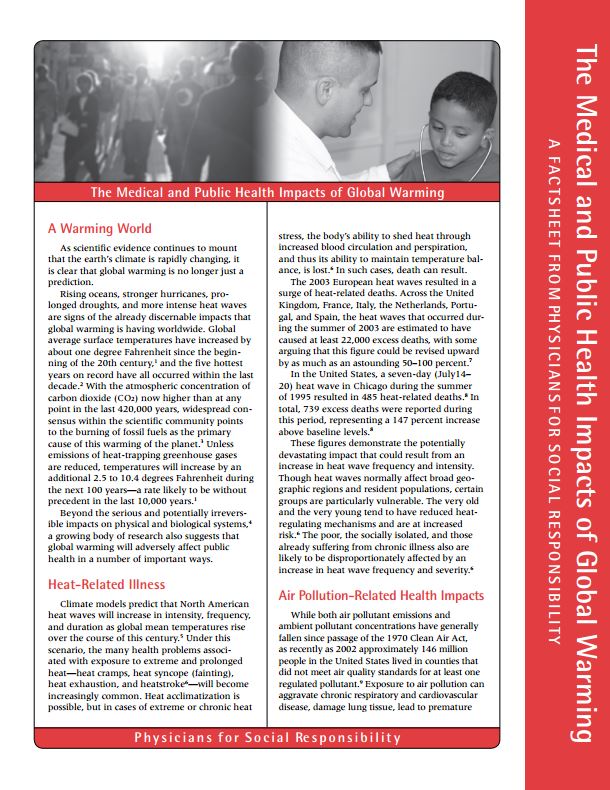
Coal in Washington State
Coal-fired power plants are the leading global warming culprit in the U.S., accounting for more than 30% of our nation's carbon dioxide emissions. They also are one of the nation's largest sources of air pollutants, damaging cardiovascular and respiratory health and threatening healthy child development.
Particulate matter, sulfur dioxide, nitrogen oxides, mercury, and other air toxins are among the dangerous mix of pollutants spewed from the smokestacks of coal plants.
Millennium Bulk Terminal: Longview, WA (updated 07.01.21)
In a massive victory for the climate, the United States Supreme County officially dismissed an appeal of Washington's Department of Ecology 2017 denial of a permit that would have allowed for the construction of a coal terminal in Longview.
In this dismissal, the highest Court in the land has permanently shut down the Millennium Bulk Terminals project and brought an end to any future for coal export from Washington and the Columbia River!
In 2017, the Department of Ecology found that the Millennium Bulk Terminal project would destroy 24 acres of wetland and infringe on Tribal rights to protected fishing sites. For these and many other reasons, it was determined that the project would cause "irreparable and unavoidable harm".
Wyoming and Montana sued Washington in 2017, and the case has been winding its way through various county, state, and district courts. At each stage, the judiciary sided with the Department of Ecology, finding that it was within its rights to protect citizens from harm.
For nearly nine years, environmental groups (including WPSR and its partners at Power Past Coal, Columbia Riverkeeper, and Oregon Physicians for Social Responsibility) have been fighting the project and the might of the coal lobby tooth and nail and we are so thrilled to see such a massive win for local ecosystems and our climate!
Congratulations to everyone involved in this project! We are thrilled to shut the door on coal in Washington and are ready to lean even further into our fight against other fossil fuel extraction, processing, development, infrastructure, and transport in the state!
John Henry Coal Mine: Black Diamond, WA
In the fall of 2017, Pacific Coast Coal Company (PCCC) announced plans to resume mining operations at a 30-acre coal mine facility just 30 miles south of Seattle, which ceased production in 1999. PCCC proposes to burn 40% of the 85,000-90,000 tons of coal mined each year at the nearby Ash Grove cement factory in Seattle.
Washington State currently has no active coal mines, and this project's construction would threaten that progress - causing 250,000 tons of carbon pollution each year. The company currently seeks permits to construct the facility, and WPSR is a part of a growing coalition of groups organizing in opposition. Add your name to the “No to coal mining in King County” petition here.
Trans Alta Coal Plant: Centralia, WA
The Canadian-owned TransAlta Coal Plant in Centralia is Washington's last coal-fired power plant. While providing only 20% of the state's power, it is the state's largest point source of mercury, carbon dioxide, and nitrogen oxide pollution. The plant releases 2.3 million tons of coal ash each year, which is comprised of several toxic chemicals including arsenic, lead, barium and chromium.
The plant the largest single source of global warming pollution in our state. The pollution created at the coal plant affects all of the body's major organ systems, and contributes to four of the five leading causes of mortality in the U.S.: heart disease, cancer, stroke, and chronic lower respiratory diseases.
The good news? TransAlta is scheduled to be shut down in 2025. The bad news? That's not soon enough.
As Dr. Alexander Hamling, a pediatrician at Seattle Children's Hospital wrote in The Tacoma News Tribune:
TransAlta is not only jeopardizing the health of children, but the health effects linked to TransAlta's pollution are also draining Washington's economy. The National Research Council's report, "Hidden Costs of Energy," found that we spend roughly $11.2 million every year to pay for health care costs linked to TransAlta.
Coal and Climate Change
Within the electricity sector, CO2 emissions from coal-fired electricity generation comprise nearly 80 percent of the total emissions, but the share of electricity generation from coal is only 50 percent. This disproportionate carbon footprint is due to the high carbon content of coal relative to other fossil fuels like natural gas. Without the ability to capture and safely store CO2, emissions from the fleet of new coal plants proposed across the country will make it virtually impossible to prevent the worst impacts of global warming.
As global temperatures increase, public health will suffer as a result of increased heat waves, more severe storms, worsening air pollution and the spread of vector borne diseases such as malaria and West Nile virus. Sea level rise will severely disrupt the lives of the more than 150 million U.S. residents living in and around our nation's coastal cities and towns. Across the U.S., the poorest and most vulnerable individuals those least able to adapt will be disproportionately affected as the U.S. public health infrastructure becomes overburdened by the impacts of global warming.
Coal's Assault on Human Health
Physicians for Social Responsibility has released a groundbreaking medical report, "Coal's Assault on Human Health," which takes a new look at the devastating impacts of coal on the human body. Coal combustion releases mercury, particulate matter, nitrogen oxides, sulfur dioxide, and dozens of other substances known to be hazardous to human health.
This report looks at the cumulative harm inflicted by those pollutants on three major body organ systems: the respiratory system, the cardiovascular system, and the nervous system. The report also considers coal's contribution to global warming, and the health implications of global warming.








